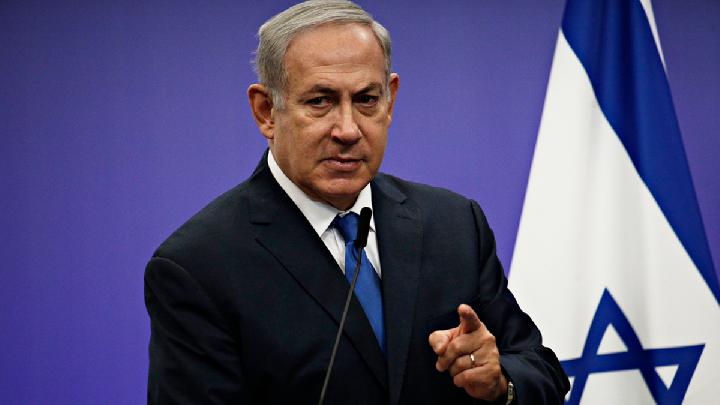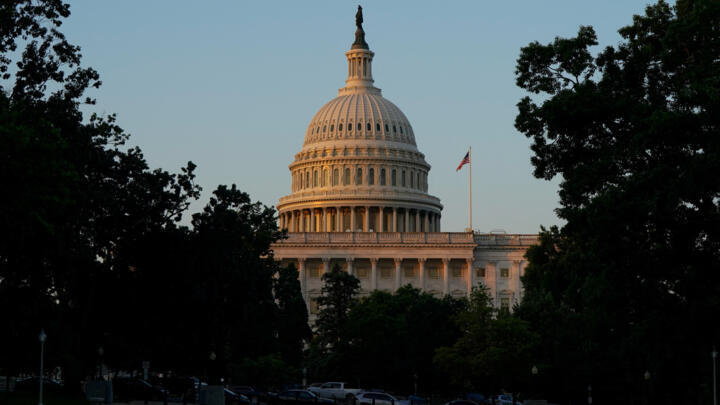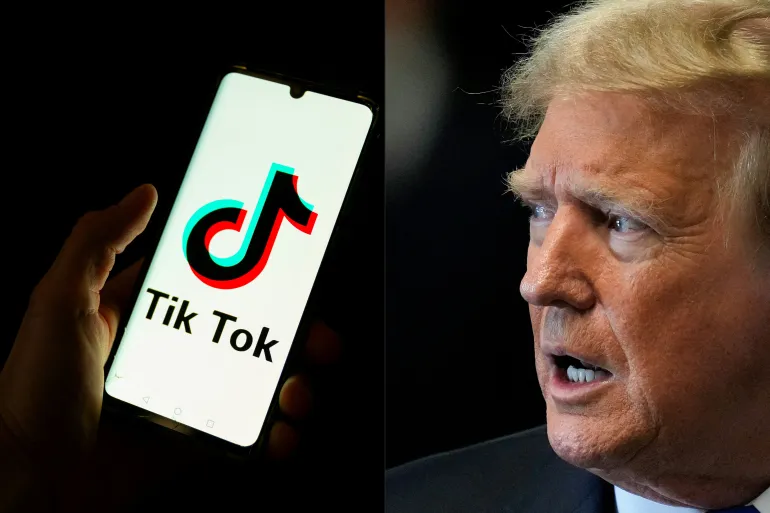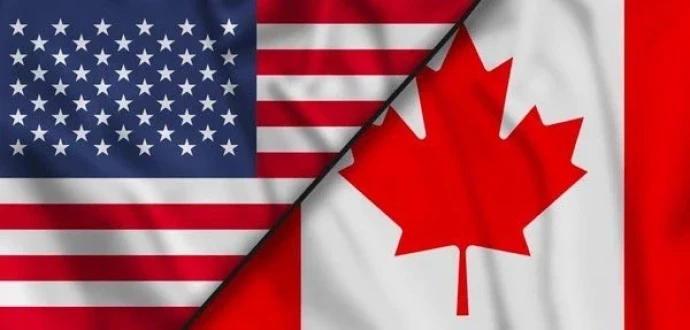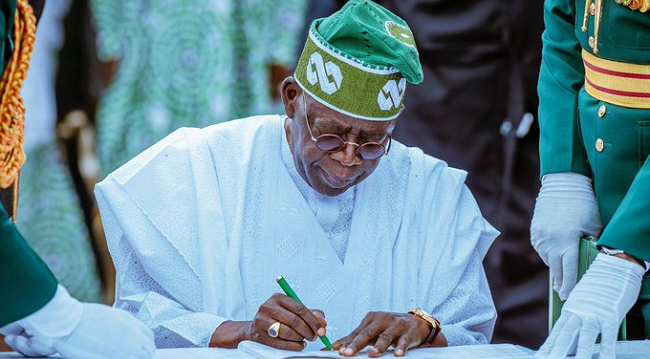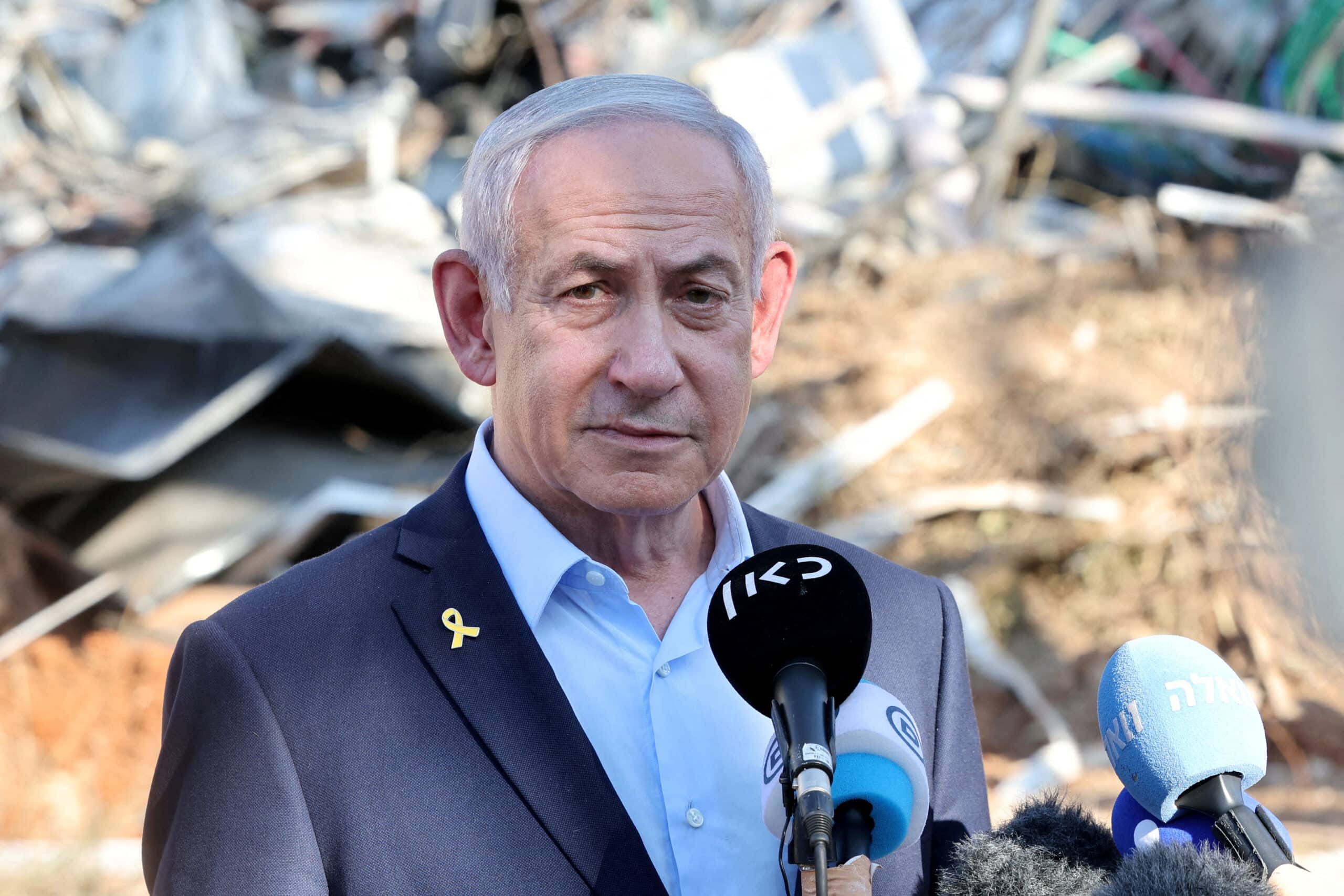By Ayomide Otitoju
Israeli Prime Minister Benjamin Netanyahu on Tuesday proclaimed a “historic victory” following the conclusion of a 12-day military campaign against Iran, asserting that Israel had successfully crippled Tehran’s nuclear capabilities and would not allow them to be rebuilt.
Speaking in a nationally televised address following the announcement of a ceasefire agreement between the two nations, Netanyahu declared,
“We have achieved a historic victory… Iran will never have a nuclear weapon.”
He emphasized that Israeli forces had “thwarted Iran’s nuclear project,” warning that any attempt by Tehran to revive its nuclear facilities would be met with “the same determination” and intensity.
Earlier in the day, Chief of Staff of the Israel Defense Forces (IDF), Lt. Gen. Eyal Zamir, said the military operation had set back Iran’s nuclear program by years, and announced that the campaign had now entered “a new phase.”
The Israeli government also released a statement describing its extensive air and cyber operations, dubbed “Operation Rising Lion,” as having eliminated the “dual existential threat” posed by Iran’s nuclear program and missile arsenal. The operation reportedly included precision strikes on nuclear and missile sites, targeted assassinations of senior Iranian military and security officials, and bombings of key infrastructure, including state media facilities and Evin Prison in Tehran.
The United States joined the conflict late in the campaign, with President Donald Trump confirming on Sunday that U.S. forces had conducted strikes to “totally obliterate” Iran’s principal nuclear sites.
Despite these declarations of success, analysts remain cautious. Some suggest that Iran may have relocated critical stockpiles of highly enriched uranium prior to the strikes, raising doubts about the long-term impact on its nuclear program.
In Tehran, Iranian President Masoud Pezeshkian acknowledged the ceasefire and expressed readiness to resume nuclear negotiations with the United States. However, he affirmed Iran’s commitment to the peaceful use of nuclear energy, stating the country would continue to “assert its legitimate rights” under international law.
The developments follow rising tensions over Iran’s nuclear ambitions, which Israel has long described as an existential threat. While Netanyahu celebrated the outcome as a strategic and symbolic victory, questions remain over whether the confrontation has defused the nuclear threat or merely postponed it.
International observers are now closely watching for the next phase of diplomatic or military maneuvering as both nations recalibrate their positions under the fragile truce.

